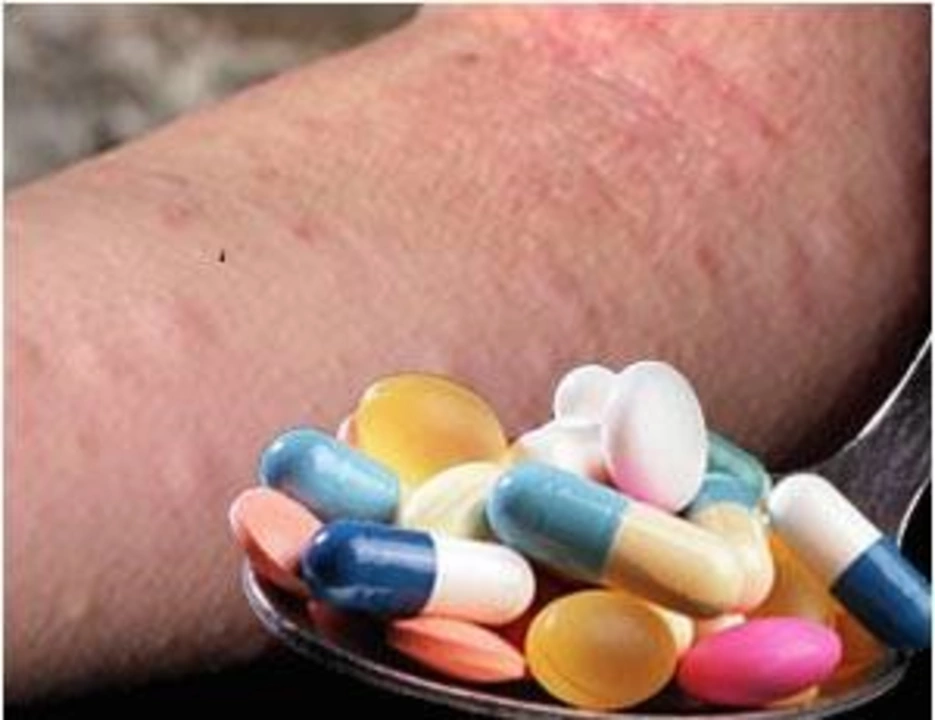Drug Allergies: What You Need to Know About Reactions and Safe Choices
If you ever felt itchy skin or a sudden rash after taking a pill, you might have experienced a drug allergy. Unlike side effects that happen because of how a medicine works, an allergic reaction is your immune system acting up against the drug itself. It can range from mild itching to serious breathing problems, so knowing the signs and what to do next matters.
Common Triggers and Symptoms
Antibiotics like penicillin, sulfa drugs, and certain pain relievers such as ibuprofen are frequent culprits. Even some blood pressure meds or cholesterol pills can cause trouble for a small group of people. Typical symptoms include:
- Hives or red welts that spread quickly
- Swelling of lips, face, tongue, or eyes
- Itching that doesn't go away
- Shortness of breath, wheezing, or tight chest
- Stomach cramps, nausea, or vomiting shortly after the dose
If any of these appear within minutes to a few hours after you take a medication, treat it as a possible allergy. Severe cases can lead to anaphylaxis – a life‑threatening reaction that needs immediate medical help.
How to Stay Safe When You Have Drug Allergies
First, get the exact name of the drug that caused the problem. Write it down and share it with every doctor, pharmacist, or urgent care clinic you visit. Carry a small card or use a phone note that lists your known allergies; this simple step can prevent accidental re‑exposure.
If you need a medication from the same class (for example, another antibiotic), ask your healthcare provider for an alternative that doesn’t share the risky component. In many cases, doctors can switch to a different drug with a similar effect but lower allergy risk.
When a reaction is mild, over‑the‑counter antihistamines like cetirizine often calm itching and hives. For swelling or breathing issues, an epinephrine auto‑injector (EpiPen) may be prescribed – keep it handy and know how to use it.
Never stop a prescription on your own without checking with a professional. Stopping abruptly can worsen the condition you’re treating. Instead, contact your doctor as soon as you notice any odd symptoms; they’ll guide you on safe tapering or switching.
Keeping a personal medication list up to date helps you and your providers stay informed. Include prescription drugs, over‑the‑counter meds, vitamins, and herbal supplements because allergies can pop up from unexpected sources like latex in pill caps or certain dyes.
If you ever experience severe symptoms – trouble breathing, a rapid drop in blood pressure, or loss of consciousness – call emergency services immediately. Time is crucial for anaphylaxis, and early epinephrine administration saves lives.
Finally, educate your close ones about your allergies. Friends, family, and coworkers who know what to look for can act fast if you’re unable to speak up during a reaction.
Understanding drug allergies isn’t just about avoiding one bad experience; it’s about building a safety net that protects you every time a new medication is prescribed. Stay proactive, keep records, and work closely with your healthcare team – that’s the best recipe for safe, effective treatment without unwanted surprises.

